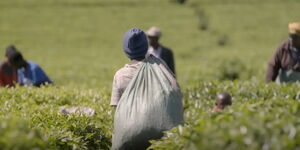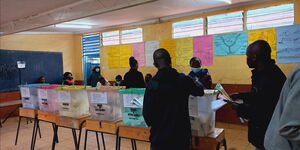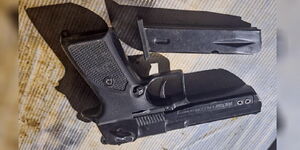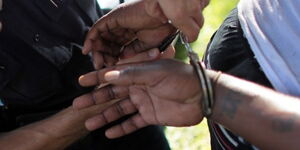The Kenya Bureau of Standards (KEBS) raided a factory in Mlolongo, Machakos County, on Wednesday, and confiscated iron boxes it said were substandard.
In a statement after the raid, KEBS said the iron boxes lacked critical earthing features required for electric appliances and accused the manufacturer of risking the lives of potential users.
"This makes them substandard and therefore not fit for the market," the agency said, even as it displayed images of the seized products.
"The Kenya Bureau of Standards conducted a surveillance operation in Mlolongo, targeting substandard electric iron boxes at the producer level," the statement read.
"These products were found to lack critical earthing features, posing significant safety risks to users. At KEBS, upholding consumer safety is our top priority."
This flooding of the items into the Kenyan market raises several concerns, as the iron box is one of the most popular appliances in most Kenyan homes, used daily.
The crackdown by KEBS is just one of the several measures the bureau undertakes to ensure that fake or substandard products do not enter the market.
To avoid using products that slip through them, the bureau has urged consumers to look out for marks of quality displayed on products and cross-check them on its official website to ensure authenticity.
"Buy products which you can see have product certification marks, that is, standardisation marks of quality. This mark of quality can be verified online, where you just type the number you have seen on our website and see whether the permit displayed there is genuine or not," KEBS stated in an April 27 press briefing.
"That is one way of safeguarding yourself as a consumer, ensuring by yourself that what is right before you is actually permitted to be in the market."
These four marks are the Diamond Mark of Quality, a Fortification Mark of Quality, a Standardisation Mark and an Import Standardisation Mark of Quality.
The standardisation mark certifies a scheme for locally manufactured goods, while a fortification mark applies to specific maize flour products, wheat flour, iodised salt and vegetable cooking oil as proposed by the World Health Organisation (WHO) to curb micronutrient deficiency.
The Import Standardisation Mark of Quality was rolled out in 2015 to assist buyers in directly authenticating the validity of the certification of goods before buying, and finally, the diamond mark of quality is voluntary and issued to manufacturers who have demonstrated high excellence.












